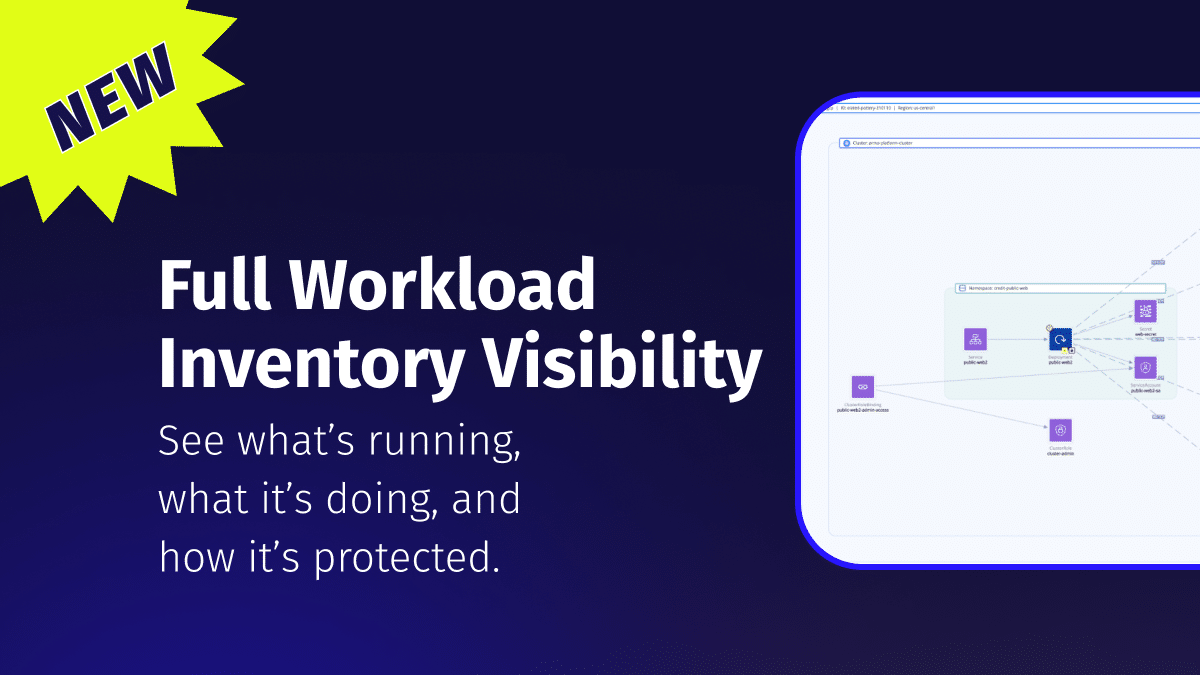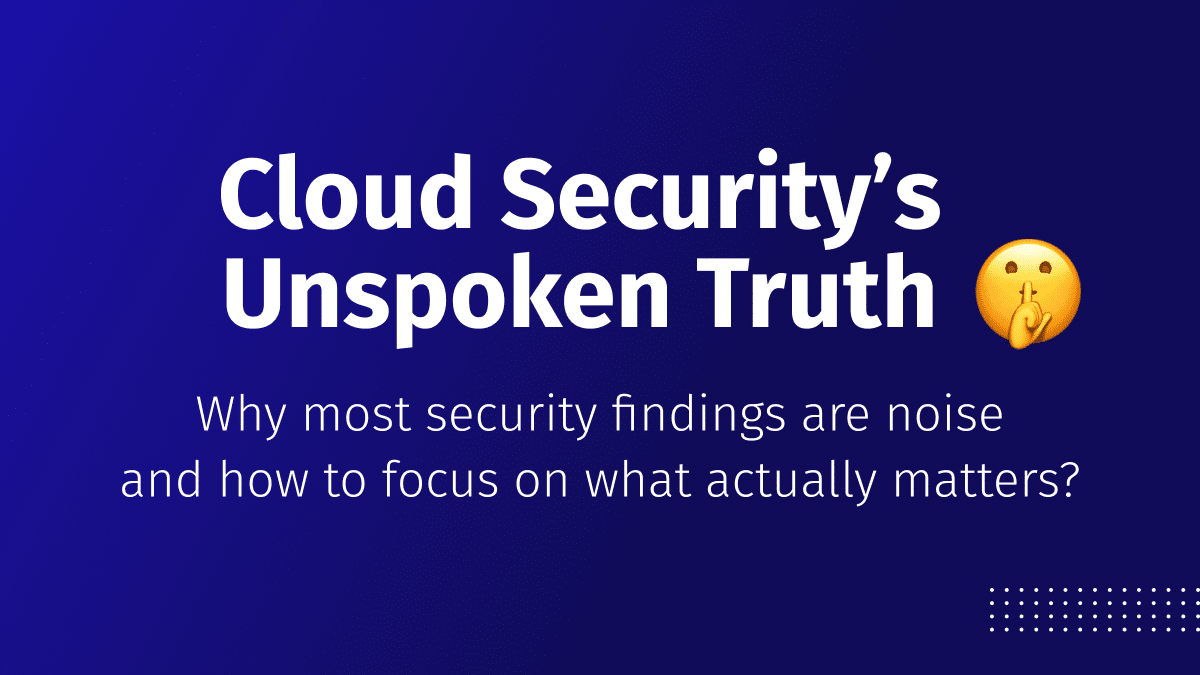Introducing Full Workload Inventory Visibility in ARMO: See What’s Running, What It’s Doing, and How It’s Protected
At ARMO, our mission is to make Kubernetes security more accessible, actionable, and effective. That’s...

May 22, 2025
We’re excited to announce that ARMO now fully supports Google Kubernetes Engine (GKE) Autopilot clusters!
This update comes in response to strong demand from our user community and enterprise customers, many of whom are embracing Autopilot for its simplicity and operational efficiency — while still requiring deep, real-time security observability and enforcement.
GKE Autopilot has traditionally restricted workloads that require privileged access, such as eBPF node agents. Only a few partner vendors were allowed to run privileged workloads in the Autopilot cluster. This presented a challenge for security teams that rely on host-level visibility to protect their Kubernetes environments.
Google Cloud’s Self-Workload Allowlisting feature in Autopilot now allows vendors like ARMO to securely run privileged workloads. This is enabled using a vetted, customer-controlled allowlist mechanism.
👉 Read more about the GKE Autopilot partner workload support
We heard your feedback loud and clear:
“We want Kubescape and ARMO’s runtime protection to work on GKE Autopilot!”
This wasn’t simply a feature request-it was a necessity for companies running production environments, especially those in regulated industries. They wanted to adopt Autopilot, but couldn’t compromise on visibility or security.
That’s why ARMO invested in adapting Kubescape to the new GKE partner model. Thus, ensuring seamless compatibility and a production-grade experience on Autopilot for both Kubescape and ARMO users.
With this integration, GKE Autopilot users can now take full advantage of the ARMO Cloud Application Detection and Response (CADR) stack — modern Cloud and Kubernetes security tooling with zero compromises:
This means Autopilot clusters can now enjoy the same robust, modern, and integrated cloud and Kubernetes security platform that our customers already rely on across EKS, GKE Standard, and self-managed clusters.
👉 Full instructions: Kubescape on GKE Autopilot – Documentation
This is more than a compatibility update — it’s a step forward in our mission to bring modern, accessible security to every Kubernetes environment. Whether you run clusters in standard or fully-managed modes, ARMO is here to help you stay secure and in control. Try it today or demo
GKE Autopilot is a fully managed mode of Google Kubernetes Engine (GKE) that aims to simplify Kubernetes operations by automatically managing the underlying infrastructure, including nodes, scaling, and upgrades.
This announcement is important because GKE Autopilot traditionally restricted workloads requiring privileged access, which hindered the deployment of security tools like ARMO that rely on host-level visibility. With Google Cloud’s new Self-Workload Allowlisting feature, ARMO can now run its necessary components in Autopilot clusters, providing users with deep, real-time security observability and enforcement in this simplified environment.
You need to ensure your GKE cluster is version 1.32.2-gke.1652000 or later and that you have Kubescape Helm Chart version 1.27.5 or later. Additionally, you will need to apply the Workload Allowlist Resource provided by ARMO to your cluster.
No. ARMO does not have specific pricing for GKE Autopilot clusters. For mor information about ARMO pricing, please see the pricing page.

At ARMO, our mission is to make Kubernetes security more accessible, actionable, and effective. That’s...

Why most security findings are noise and and how to focus on what actually matters?...

We’ve been busy! Our latest summer updates introduce powerful new capabilities to help you detect,...